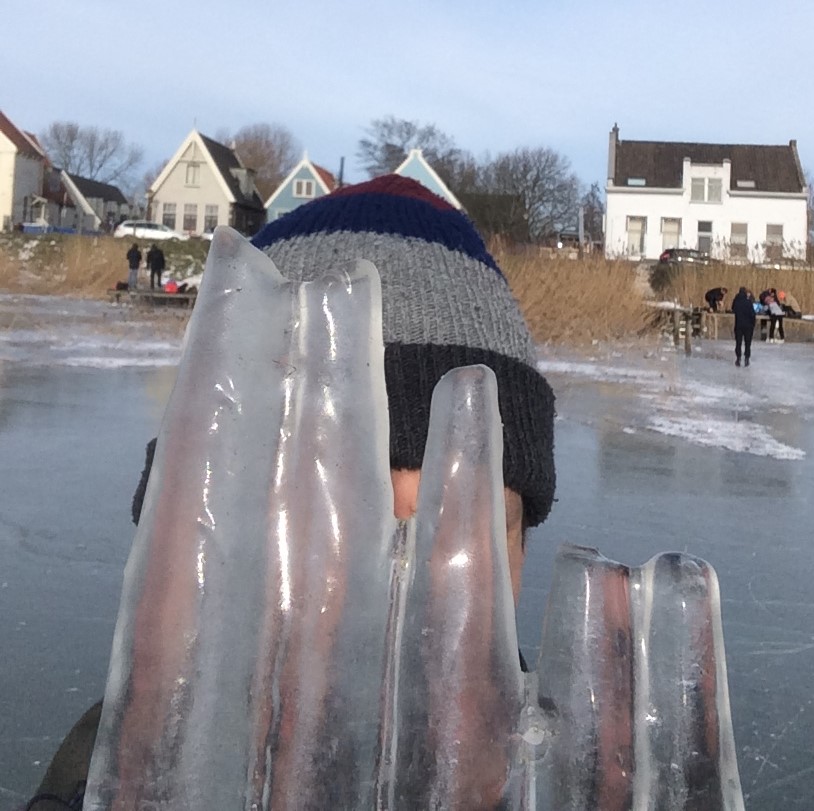Concept of the month January 2022: Lost and found
My winter hat has disappeared. On a Sunday morning, I am riding my bike on a journey to the other side of town. I am wearing a the winter hat, but when my head is warmed up I take it off and put it in my coat pocket. Instants later, I feel my pocket and it’s gone. I turn around immediately and ride exactly the same way back. There is no sign of my hat. Are there people who pick up garments from the street and take them home? If there are, do they even (or especially?) take garments that are stil warm and have obviously been dropped only recently? Perhaps a car has been parked over it right after I lost it. I don’t know. My hat has disappeared.
The hat holds a huge sentimental value to me. It has to do with my eldest son and a tragic story about another child. I turn around again and cycle to the place where I am meeting a friend to go walking. I arrive 45 minutes late. He says he understands. When I ride home after the walk, I scour the roadsides again. I wish there were a Lost & Found for city streets.
That’s a service I find heart-warming. In English, this name provides some hope. Objects are lost, but they are also found, sometimes. And if they’re not found by their owners, at least they have been found by honest people who have made the effort of delivering it to this service.
The Spanish ‘objetos perdidos’ means lost objects. This has a sad ring to it, as if these objects are not there to be found, ignoring the fact that they have been found by the person handing it in. The Dutch version ‘gevonden voorwerpen’, meaning ‘found objects’, seems to be focused on the find. It doesn’t seem to matter whether it was lost or by whom.
By now, my hat might have been found by someone else. Unfortunately, they don’t know about the sentimental value it has to me. While the world is suffering much worse crises concerning climate change, refugees and Covid-19 (in that order), I feel lost because of a hat.


